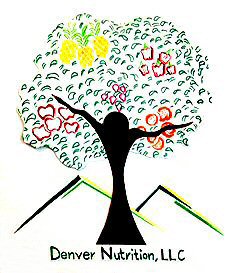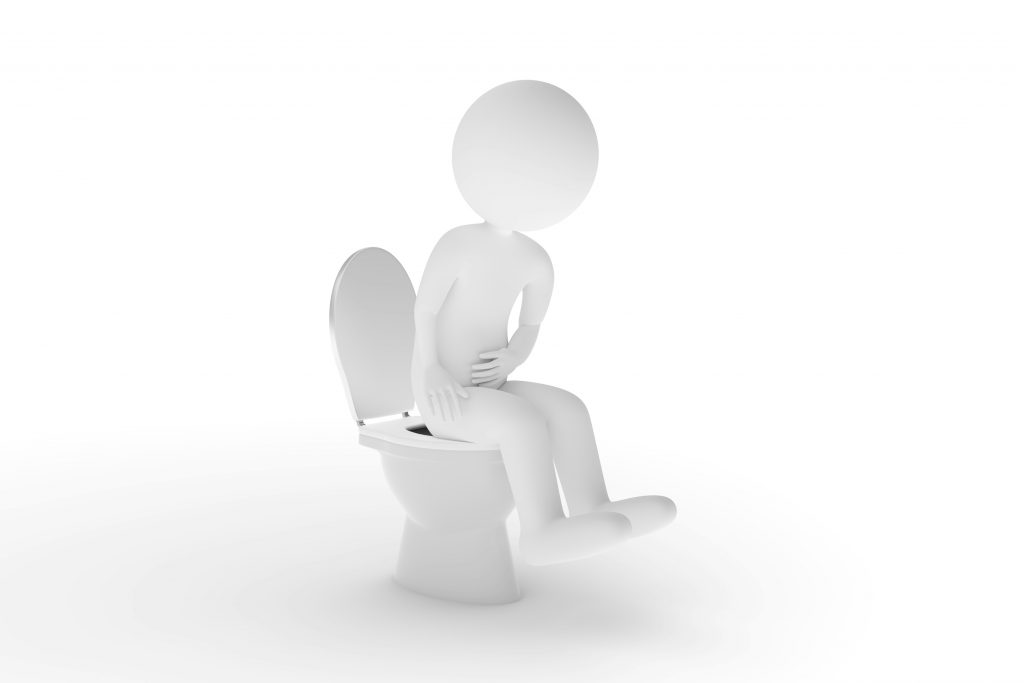IBS: Irritable Bowel Syndrome
What causes IBS?
Many factors including diet, lifestyle, and environmental influences may interact with the underlying mechanisms of IBS. If you suspect you have it or are experiencing digestive issues, it is wise to seek help. Various tests may be done to get to the root of your challenge.
• It is a “syndrome,” meaning a group of symptoms, not a disease.
• It affects the colon or large bowel, which is part of the digestive tract that stores stool.
What are IBS flare-ups?
They are episodes of increased gut symptoms such as stomach cramps, bloating, IBS with diarrhea, and IBS with constipation. These symptoms may last from a few hours to a few months. While the exact cause is so variable or unknown, flare-ups are often triggered by a variety of food and drink. Some of these are caffeine, stress, carbonated drinks, food, artificial sugars, or eating trigger foods such as spicy or greasy food.
How to Avoid Flare-ups
Manage stress levels low. This can be done by trying progressive relaxation, staying hydrated, eating more fiber, and staying away from known trigger foods. It is wise to obtain a food sensitivity test to find out which foods may be triggering. Get your Food Sensitivity Testing done here.
Stress management is important in avoiding flare-ups.
Some effective methods for stress management include deep breathing exercises, yoga, meditation, and counseling. Stress-related symptoms such as abdominal pain and bloating can occur more often and intensely in people with Irritable Bowel Syndrome. If you find it hard to keep stress out of your life, seek out a counselor who can guide you in making more positive and effective responses.
What can be done?
• Test for IBS (food allergies).
• Consider doing a colon/toxin cleanse.
• Conventional medicine has side effects that mimic IBS.
Prevention Options
• Eliminate fatty foods (French fries), milk products (cheese or ice cream), chocolate, alcohol, and caffeinated drinks (coffee and soda).
• Increase dietary fiber in the diet.
• Drink plenty of water each day.
• Yoga and walks are easy on the body.
• Reduce Stress.
• Take Lactobacillus acidophilus 1-2 billion a day.
• There is a cure for IBS. It is best to adapt to a whole-food diet and lifestyle.
Psychology and IBS
• Dealing with it can be emotionally stressful and draining.
• About half of all people attending hospital clinics have an additional significant psychological problem such as anxiety or depression.
• Most people will admit that their symptoms are worse during times of psychological pressure.
• Stress can worsen the symptoms.
Common Symptoms
The most common symptoms include abdominal pain, discomfort, diarrhea, constipation, cramping, gas, white mucus in stool, and bloating.
Fact-Finding Options
When seeking help have a list of symptoms, get a recent colonoscopy, and have your doctor order X-rays or even a Barium.
Contact Information:
Debbie Allen, Functional Nutritionist
Ph: 319-208-1929
E-mail: info@denver-nutrition.com
 Denver Nutrition, LLC is owned and operated by Debbie Allen, a Functional Nutritionist. As a Nutrition Therapy Master and Certified Holistic Health Practitioner, Debbie provides services based on credible medical research and scientific evidence. This site offers health, wellness, and nutritional information and is designed for educational purposes only. Please Note: Working with a nutritionist should not and does not take the place of medical advice or care. Before starting any nutrition program, please seek the advice of a medical doctor.
Denver Nutrition, LLC is owned and operated by Debbie Allen, a Functional Nutritionist. As a Nutrition Therapy Master and Certified Holistic Health Practitioner, Debbie provides services based on credible medical research and scientific evidence. This site offers health, wellness, and nutritional information and is designed for educational purposes only. Please Note: Working with a nutritionist should not and does not take the place of medical advice or care. Before starting any nutrition program, please seek the advice of a medical doctor.

